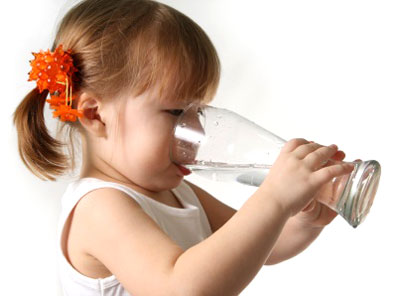Sensation of “dry mouth” can result from many causes. Find out why this happens in your case and how you can avoid this inconvenience.
Most times, salivary glands do not produce enough saliva when you’re stressed, nervous or going through difficult times. However, this problem can arise from other causes such as:
– Dehydration – not drinking enough fluids or air in the sitting room is too dry;
– Side effects of medications (antidepressants, sleeping pills, antihistamines, analgesics, diuretics etc…);
– Some diseases can also have this effect: diabetes, anemia, cystic fibrosis, rheumatoid arthritis, hypertension, Hodgkin’s disease, Parkinson’s disease, HIV / AIDS;
– Radio and chemotherapy;
– Menopause, due to the change of concentration levels of hormones that affect the functioning of salivary glands;
– Smoking and excessive alcohol consumption.
How to treat dry mouth?
– First you should eliminate the causes. If, for example, is a side effect of medication, talk to your doctor. This way, he can recommend another drug or reduce its concentration. If dry mouth is due to smoking, you should give up or reduce the number of cigarettes.
– Keep always close to you, either at work or home, a bottle of water to drink often.
– You can chew gum or eat sugar-free candy. They increase the amount of saliva in the mouth.
– If possible, wash your teeth after every meal with a paste that has mint or cinnamon flavor and contains fluoride. Also, use mouthwash after a meal without alcohol.
– Avoid alcohol and beverages containing caffeine. These are diuretics and cause strong dehydration.
– If the environment in which you stay is one with low humidity, using a room humidifier or putting a bowl of water near the heater can help.
– Use a lip balm to prevent dry lips ant the associated problems.

